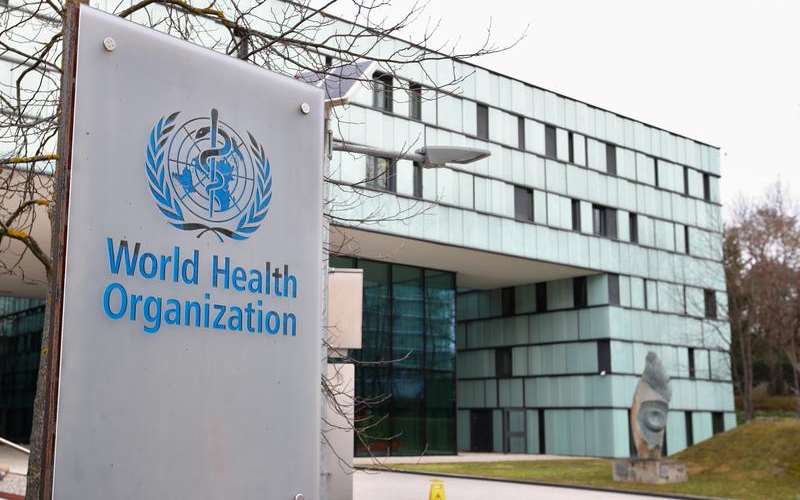×
The Standard e-Paper
Smart Minds Choose Us

The World Health Organisation (WHO) has announced an outbreak of monkeypox disease in about 12 member states worldwide as of Saturday, May 21 evening.
The cases were first reported on May 13 in Europe and North America, regions that are not endemic to cases of the monkeypox virus.







